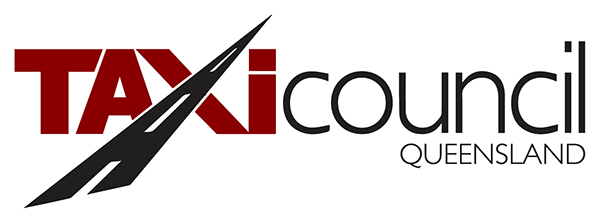Media release
13 September 2019
This week, Nine Network’s ‘A Current Affair’ (ACA) investigation, comparing uberX and taxis, revealed yet more underhanded tactics being employed to dupe consumers into thinking uberX is cheaper than taxis.
Since entering the Australian market illegally back in 2014, Uber has been pitching to consumers that it is a cheaper and as safe option compared to taxis. The ACA report throws new light on those claims with Uber outed for quoting taxi fares at amounts far higher than would normally be outside of the Uber app.
In Sydney, Uber can charge any price a customer is willing to pay for taxis booked through their app because there are no maximum fares for booked services.
CEO of the Australian Taxi Industry Association (ATIA) Blair Davies, says anyone comparing prices between uberX and a taxi via the Uber app will be completely misled.
“Uber has been touting itself as a low-cost provider to win over consumers, but it looks like the unwary are being taken for a ride,” said Mr Davies.
“The hands-off approach to regulation by State Governments has played right into the hands of ridesourcing platforms, allowing them to market their services in ways that prey on the naivety of some customers. It’s bad news for consumers because they can’t be expected to make informed choices when they’re being mislead with inaccurate information.
“Uber has been outed in an ACA report this week for presenting grossly inflated taxi fares in its app. The average punter looking at their app would think they are going to save a lot of money booking an uberX rather than a taxi, but it turned out that taxis hired outside Uber’s app were cheaper than the quoted uberX price.”
The industry warns this is another case of “buyer beware” and so consumers should use a taxi app to get a reliable quote or estimation of the cost of a taxi.
The ATIA fears that other platforms could also try to game the rules if regulators continue to stand on the sidelines.
The ATIA will be writing to the Australian Competition and Consumer Commission (ACCC) calling on them to investigate the allegations in the ACA report.
“The taxi industry simply wants the opportunity to compete for customers on a level playing field,” continued Mr Davies.
“We have no intention of going quietly into the night on this issue. Taxis will continue competing for customers by providing safe, reliable and cost-effective services. Just as the taxi industry have had to step up our game, we also need regulators like the ACCC to step up as well and do a much better job of keeping the playing field level for everyone.”
-ENDS-
